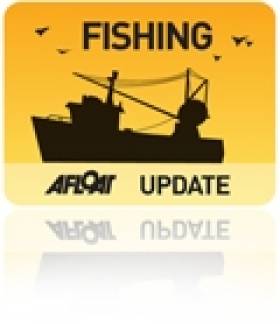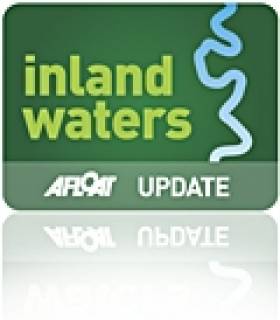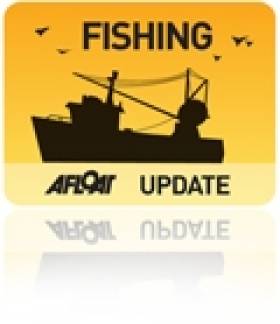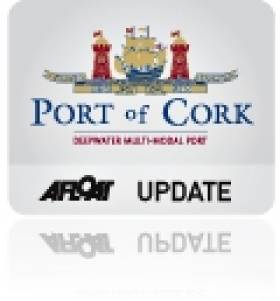Displaying items by tag: application
#Fishing - Inland Fisheries Ireland (IFI) is inviting applications for Commercial Salmon Fishing (Draft Net & Snap Net) Licences for 2013.
The new licences are in accordance with the Control of Fishing for Salmon Order 2013, and come in the wake of the new Draft Nets and Snap Nets Bye-Law which sets out the relevant details for the current commercial fishing season.
An application form can be found within the downloadable PDF of said order, or may be obtained from your local IFI office. The closing date for receipt of completed applications is 29 March 2013. Late submissions cannot be accepted.
Bidding Begins for Shannon Harbour Houseboat Berths
#SHANNON - Waterways Ireland has just released details of its scheme for renting berths for houseboats on the Grand Canal at Shannon Harbour.
Under the scheme, boaters can rent one of eight fully-serviced berths for their houseboat on a 12-month extended term licence running from 15 March 2012 to 14 March 2013.
Amenities on-site include electricity supply, access to pumps and clean water, shower facilities and limited car parking. Pre-paid smart cards are required to utilise some facilities.
As space is limited, the berths will go to the highest bidders, with the minimum acceptable bid set at €1,250 (a security deposit of €250 is required).
It is expected that licence holders will live on board their vessels as their main residence. Winning bidders are also expected to arrange their own refuse collection from the site.
The closing date for bids is 23 February 2012. The Waterways Ireland website has the application form plus more information about the scheme and details of the licence agreement.
Licence Application for Aran Islands Fish Farm 'To Be Lodged in January'
#FISHING - The licence application for a proposed new deep-sea fish farm in the Aran Islands is expected to be lodged in January.
As previously reported on Afloat.ie, Bord Iascaigh Mhara's (BIM) planned 15,000-tonne organic salmon farm off Inis Oírr would be the largest of its kind in Europe, and would create hundreds of jobs in the area.
Commenting on the plans, Galway West Senator Fidelma Healy Eames said it was "a major opportunity for Galway and would represent a very significant economic boost for our coastal communities."
She added: "Deep sea fish farming has proven to be very economically beneficial in countries such as Norway, Chile and Scotland. It is timely that Ireland would capitalise on our fantastic marine resources as these countries have."
According to Healy Eames, the project is expected to "meet all environmental standards and will be barely visible from 2km away and effectively not visible from land.
"It would take up a negligible amount of inshore fisheries ground in the bay (0.22%) and would not interfere with existing fishing routes or Galway Bay ferry routes."
Port of Cork to Submit New Container Terminal Plans
#PORT & SHIPPING NEWS - The Port of Cork is scaling down its plans for a new container terminal in Ringaskiddy, according to the Irish Examiner.
The new plan is "significantly scaled back" from the €220 million containter terminal proposal for Oysterbank, which was rejected at appeals stage two years ago.
Port officials hope to submit the new application under the Strategic Infrastructure Act, which means the decision will be made by An Bord Pleanála and not Cork County Council.
Officials are already in consultation with the planning board and interest groups around Cork Harbour to eliminate any issues before proceeding with the new scheme, which will be half the size of the previous plan and will involve less land reclamation.
Expected upgrades to the roads infrastructure in the area will also have an impact on the new proposals.
The €100 million plan would be constructed over four phases, to be fully operational by 2020.
The Irish Examiner has much more on the story HERE.































































